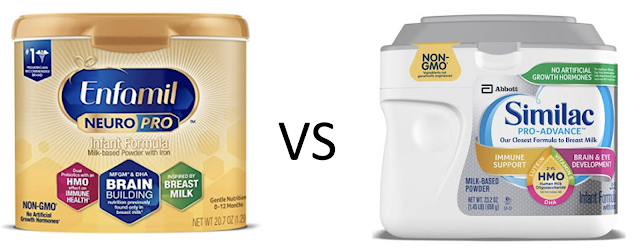Antioxidants Beneficial to Alzheimer's Patients - Study
Eating fewer legumes, cottage cheese and sausages and more flour products,
honey, meat and poultry may have a beneficial effect on the antioxidative
status of Alzheimer's patients.
A Polish study
has underlined the importance of diet for Alzheimer's patients, demonstrated
by a correlation between certain foods and serum concentrations of trace
elements involved in antioxidant mechanisms.
In the present study we have observed significantly lower concentrations of Se
and Zn in the serum of patients with Alzheimer's diseases than in healthy
people...Selected dietary habits such as the frequency of consumption of
various food products had a significant impact on the concentration of the
assessed parameters in the serum of people with Alzheimer's," wrote the
researchers in the journal Nutrients.
Studies have shown that the levels of various antioxidants are lower in
patients with age-related degenerative diseases. It follows that oxidative
stress may therefore play an important role in the neurodegenerative process.
Abnormal homeostasis of trace elements has also been regarded as a
contributing factor to Alzheimer's disease.
Trace elements involved in antioxidant mechanisms
The aim of the study was to estimate selenium (Se), copper (Cu), zinc (Zn) and
total antioxidant status (TAS) in the serum of patients with Alzheimer's in
relation to their cognitive functions and dietary habits.
Selenium is an essential micronutrient that is known to provide protection
from reactive oxygen species-induced cell damage.
Zinc is necessary for the proper functioning of the immune system and
protection of cells against oxidative stress. This mineral component plays an
important role in the brain due to its function as a
neurotransmitter/neuromodulator. Studies conducted in elderly subjects have
shown a positive relationship between serum Zn concentration and cognitive
function.
Copper is of major importance in controlling the level of oxygen radicals,
while zinc is directly involved in antioxidant activity and detoxification
processes. Therefore, serum Cu and Zu can be considered markers of oxidative
stress.
Study design
110 patients (aged 54-93 years) with early or moderate Alzheimer's and a
control group of 60 healthy people (aged 52-83 years) took part in the study.
Dietary data was collected via food frequency questionnaires and the serum
concentrations of Se, Zu and Cu as well as TAS were calculated from blood
samples. Various statistical analyses were performed on the data, and to
estimate the influence of dietary habits on Se, Cu and Zn levels and TAS,
stepwise multiple linear regression analysis was used.
Low micronutrient levels in Alzheimer's patients
The researchers observed significantly lower concentrations of Selenium and Zinc in
the serum of patients with Alzheimer's compared with healthy people.
Additionally, women with Alzheimer's had significantly lower serum levels of
these micronutrients than men.
The concentration of Cu in the serum of Alzheimer's patients did not differ
significantly from the control group. However, the Cu:Zu ratio was
significantly higher in Alzheimer's patients. An elevated Cu:Zu ratio is
considered a marker of oxidative stress, with low levels of Zn and increased
levels of Cu thought to impair the antioxidant properties of multiple enzymes.
The researchers also observed significantly lower TAS in the serum of patients
with Alzheimer's, and noted that dietary habits may have a "minor direct
effect on serum TAS levels".
Food is a factor
They did not note any correlations between smoking status, BMI or age of
patients and serum levels of the micronutrients. However, stepwise linear
regression analysis showed that diet may have an effect.
This analysis showed that frequent consumption of bread, butter, coffee,
cheese and tinned fish may be associated with increased Selenium concentrations in
Alzheimer's patients. It also showed that frequent consumption of flour
products, honey, poultry, meat, jam and tea may be positively correlated with
serum Zn concentration, whereas cakes, sausages, raw vegetables and cottage
cheese may have a negative effect on the concentration of this trace element
in the blood.
"Selected nutritional factors may affect the concentration of minerals in the
body directly, being the source of the ingredient, or indirectly, by
positively or negatively affecting its bioavailability from the diet," wrote
the authors.
"Our research indicates that certain dietary modifications - changing the
frequency of consumption of some food products - may improve the status of the
examined antioxidant elements in people with Alzheimer's," they continued.
For example, reducing the frequency of consumption of legumes, cottage cheese
and sausages could be beneficial, while on the other hand, eating more flour
products, honey, meat and poultry may improve the proportions between the
examined elements and thus have a beneficial effect on the antioxidant status.
"In summary, impaired homeostasis of essential minerals has significant
effects, primarily on synapse function, induction of oxidative stress and
inflammatory processes. Therefore, the maintenance of homeostasis and
appropriate proportions of the minerals by modifying the diet of patients with
Alzheimer's disease seems significant," concluded the researchers.

.png)
.png)
.png)
.jpg)






Comments